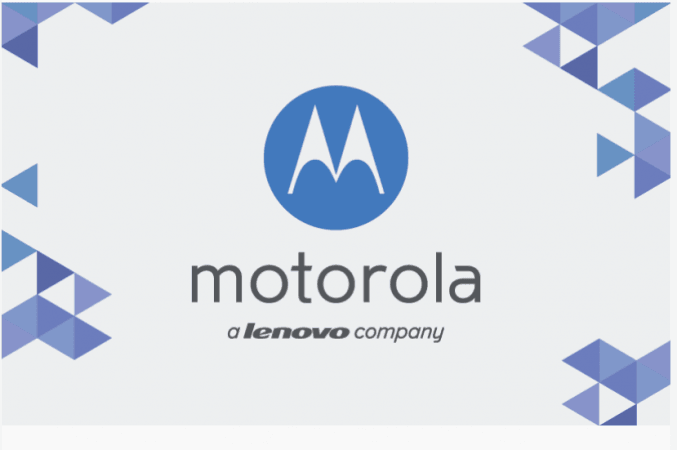
Motorola has announced that the company has officially become a part of the Lenovo family.
Under the deal, Lenovo will pay Google, the former owner of Motorola, a total amount of $2.91 billion dollars. The transaction will include 660 million worth cash and 750 million worth stock to be paid by Lenovo. The remaining money worth $1.5 billion will be paid to Google in three years.
After the deal, Lenovo will handle the mobility device business part while Google will keep the patents portfolio.
Lenovo, the prime laptop and PC manufacturer has not acquired that much of presence in the mobility segment in developed countries. On the other hand, Motorola is quite popular in those countries and is counted as one of the leading Android smartphone manufacturer. Their recent launches, Moto 360 Smartwatch, Moto G, Moto E, Moto X and Droid Turbo, are widely appreciated by the consumers. Even the latest, Nexus 6, the first smartphone featuring Android Lollipop OS is also made by Motorola.
With raw Android experience, quick updates, great apps and awesome Google integration, Motorola has risen like a phoenix with good revenues and popularity.
In the blog, Motorola mentioned: "We will continue to focus on pure Android experience and fast upgrades, and remain committed to developing technology to solve real consumer problems. And we will continue to develop mobile devices that bring people unprecedented choice, value and quality."
The acquisition of Motorola will add a huge amount of handset sales to Lenovo's credit and they will hold a 8% share of the global smartphone market, which will lead them to the third best smartphone maker in the global sales, according to a report.
Meanwhile, Motorola mobility alone has 5% share in the Indian smartphone market.
Rick Osterloh, President and COO will still lead the operation of Motorola out of Chicago.
"With an impressive portfolio of smartphones, wearables and PCs, our two companies will be uniquely positioned to push the boundaries of choice and value, and bring exciting new experiences to people everywhere," Osterloh said.

















